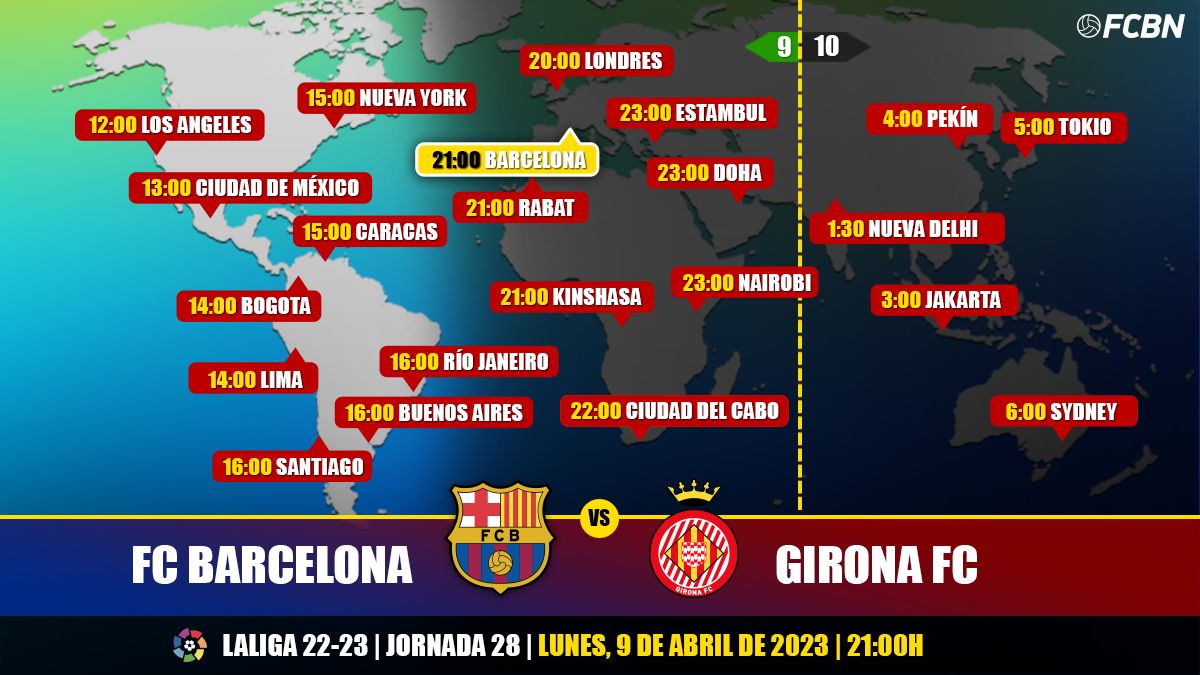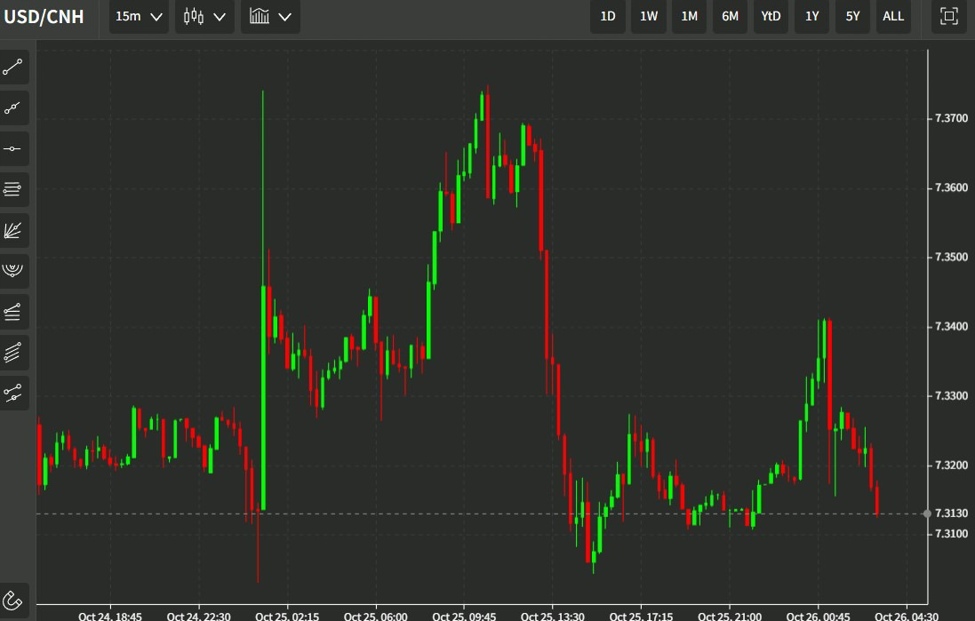FTC Challenges Court Ruling On Microsoft-Activision Deal

Table of Contents
The FTC's Antitrust Concerns
The FTC's core argument rests on concerns about monopolistic practices. They believe the merger would grant Microsoft an unfair competitive advantage, stifling innovation and harming consumers. The heart of their concern centers on Call of Duty, Activision's massively popular franchise. The FTC argues that Microsoft could leverage its ownership of Call of Duty to exclude rival consoles, particularly Sony's PlayStation, from access to the game, or make access significantly more difficult or expensive. This could severely damage PlayStation’s market share and limit consumer choice.
- Unfair Advantages: The FTC argues that Microsoft could make Call of Duty exclusive to Xbox, or offer it on PlayStation at a significant disadvantage, leveraging its market power to harm competition.
- Specific Examples: The FTC cites evidence of Microsoft's past acquisitions and their impact on competition within the gaming industry as precedent for their concerns about the Activision Blizzard deal.
- Impact on Rivals: The FTC worries that the merger could create barriers to entry for smaller game developers and publishers, ultimately limiting innovation and consumer choice.
The Court's Initial Ruling and its Rationale
A US District Court initially ruled in favor of Microsoft and Activision, dismissing the FTC's attempt to block the merger. The court's rationale centered on the argument that Microsoft's acquisition of Activision Blizzard would not substantially lessen competition within the gaming market. The judge seemed unconvinced by the FTC's claim that Microsoft would leverage Call of Duty to gain an insurmountable advantage. While the ruling did not fully address all the FTC's concerns, it emphasized the unlikelihood of Microsoft using its newfound power to anti-competitively restrict access to the popular franchise.
- Justification for Approval: The court found that the evidence presented by the FTC wasn't strong enough to demonstrate that the merger would significantly harm competition.
- Compelling Evidence: The court seemed persuaded by Microsoft's commitments to keep Call of Duty available on multiple platforms.
- Microsoft and Activision’s Defense: The companies successfully argued that the merger would bring benefits to consumers, such as expanded game offerings and improved game development.
The FTC's Appeal and Next Steps
Despite the initial court ruling, the FTC has chosen to appeal the decision. This signals their strong belief that the merger poses a substantial threat to competition in the gaming industry. The appeal process will involve further legal battles, potentially including the presentation of new evidence and expert testimony. The timeline for this process is uncertain, but it could extend for months or even years, delaying or even potentially derailing the merger altogether.
- Legal Arguments on Appeal: The FTC is likely to further emphasize the potential for anti-competitive practices and the long-term impact on consumer choice.
- Legal Hurdles: The FTC faces the challenge of demonstrating to an appeals court that the original ruling made errors of law or fact.
- Potential Outcomes: The appeal could result in the original ruling being upheld, reversed, or modified, significantly influencing the gaming industry's future.
Impact on Consumers and the Gaming Industry
The outcome of this legal battle will have profound consequences for consumers and the gaming industry. If the merger proceeds, concerns exist regarding potential price increases for games, reduced innovation, and a decline in consumer choice, particularly concerning game availability on different consoles. Conversely, a blocked merger could result in maintaining the status quo in the industry but also potentially stymie opportunities for growth and development within Activision Blizzard. The debate centers around whether the potential benefits of the merger outweigh the risks to fair competition.
Conclusion
The FTC's challenge to the court's ruling on the Microsoft-Activision deal underscores the ongoing importance of antitrust considerations in major mergers within the tech industry, specifically in gaming. The legal battle highlights the complexities of balancing potential economic benefits with the need to preserve competition and protect consumer interests. The coming months will be critical in determining the future of this merger and its ultimate impact on the gaming landscape. Stay tuned for further updates on the FTC's challenge to the Microsoft-Activision deal and how it shapes the future of gaming!

Featured Posts
-
 Almeria Vs Eldense Ver El Partido En Vivo Online La Liga Hyper Motion
May 16, 2025
Almeria Vs Eldense Ver El Partido En Vivo Online La Liga Hyper Motion
May 16, 2025 -
 Jimmy Butler Injury Fan Reactions And Game 4 Predictions Warriors Vs Rockets
May 16, 2025
Jimmy Butler Injury Fan Reactions And Game 4 Predictions Warriors Vs Rockets
May 16, 2025 -
 Live Stream Barcelona Vs Girona Free Online Tv Channels And Match Schedule
May 16, 2025
Live Stream Barcelona Vs Girona Free Online Tv Channels And Match Schedule
May 16, 2025 -
 Hall Of Famer Adds Fuel To Jimmy Butler Miami Heat Jersey Number Controversy
May 16, 2025
Hall Of Famer Adds Fuel To Jimmy Butler Miami Heat Jersey Number Controversy
May 16, 2025 -
 Pbocs Yuan Intervention Falls Short Of Expectations This Year
May 16, 2025
Pbocs Yuan Intervention Falls Short Of Expectations This Year
May 16, 2025
Latest Posts
-
 Bigface Discount From Jimmy Butler For Warriors Staff
May 16, 2025
Bigface Discount From Jimmy Butler For Warriors Staff
May 16, 2025 -
 Game 4 On The Line Nba Fans Response To Jimmy Butlers Injury Status
May 16, 2025
Game 4 On The Line Nba Fans Response To Jimmy Butlers Injury Status
May 16, 2025 -
 Jimmy Butler Extends Bigface Discount To Golden State Warriors Employees
May 16, 2025
Jimmy Butler Extends Bigface Discount To Golden State Warriors Employees
May 16, 2025 -
 Jimmy Butler Injury Fan Reactions And Game 4 Predictions Warriors Vs Rockets
May 16, 2025
Jimmy Butler Injury Fan Reactions And Game 4 Predictions Warriors Vs Rockets
May 16, 2025 -
 Nba Fans React To Jimmy Butlers Injury Warriors Rockets Game 4 Implications
May 16, 2025
Nba Fans React To Jimmy Butlers Injury Warriors Rockets Game 4 Implications
May 16, 2025
